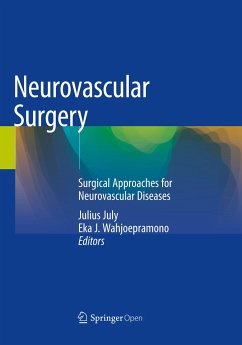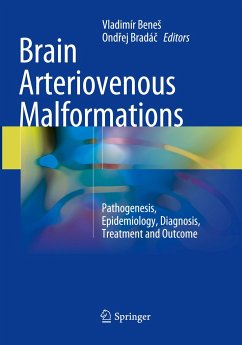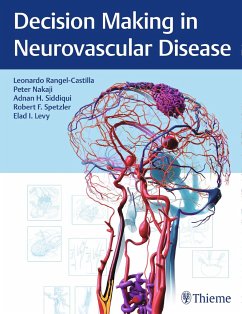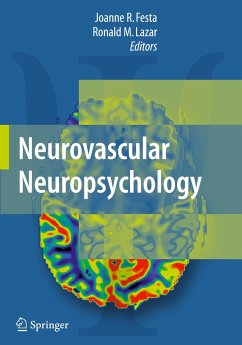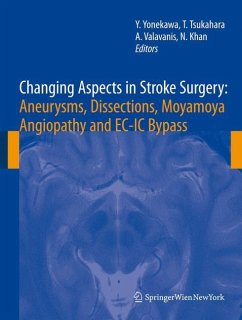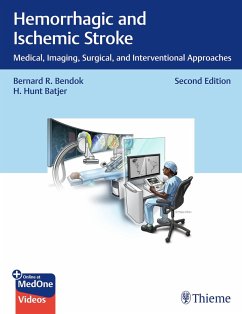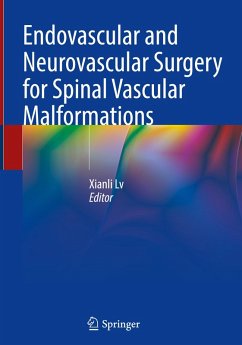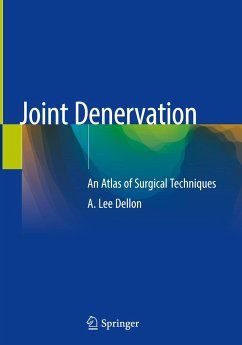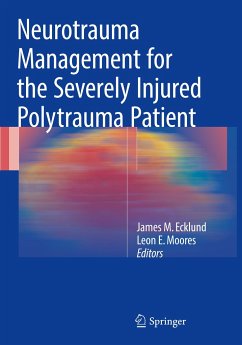
Neurovascular Surgery
Surgical Approaches for Neurovascular Diseases
Herausgegeben: July, Julius; Wahjoepramono, Eka J.
Versandkostenfrei!
Versandfertig in 6-10 Tagen
39,99 €
inkl. MwSt.

PAYBACK Punkte
20 °P sammeln!
This open access book presents the diagnosis, investigation and treatment of neurovascular diseases, and offers expert opinions and advice on avoiding complications in neurovascular surgery. It also covers complication management and post-operative follow-up care. The book is divided in to three parts; the first part discusses common approaches in neurovascular surgery, describing the steps, indications for and limitations of the approach, as well as the associated complications and how to avoid them. The second part addresses surgical treatment based on pathology, taking the different locatio...
This open access book presents the diagnosis, investigation and treatment of neurovascular diseases, and offers expert opinions and advice on avoiding complications in neurovascular surgery. It also covers complication management and post-operative follow-up care. The book is divided in to three parts; the first part discusses common approaches in neurovascular surgery, describing the steps, indications for and limitations of the approach, as well as the associated complications and how to avoid them. The second part addresses surgical treatment based on pathology, taking the different locations of lesions into consideration. The third part focuses on the technological developments that support neurovascular surgery, which may not be available everywhere, but have been included to help vascular surgeon understand the principles.
This book is a guide for young neurosurgeons, neurosurgery residents and neurosurgery fellows, as well as for medical students and nurseswho are interested in neurosurgery or are associated with this field in any way. It is also a useful teaching aid for senior neurosurgeons.
This book is a guide for young neurosurgeons, neurosurgery residents and neurosurgery fellows, as well as for medical students and nurseswho are interested in neurosurgery or are associated with this field in any way. It is also a useful teaching aid for senior neurosurgeons.



